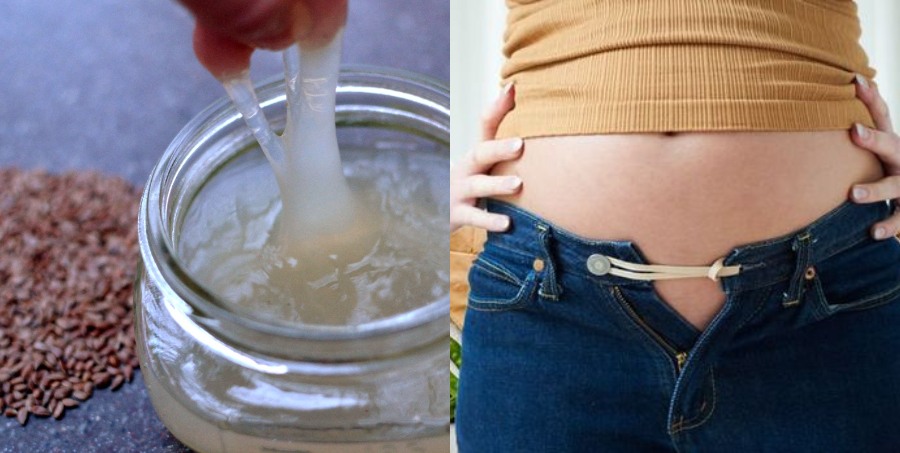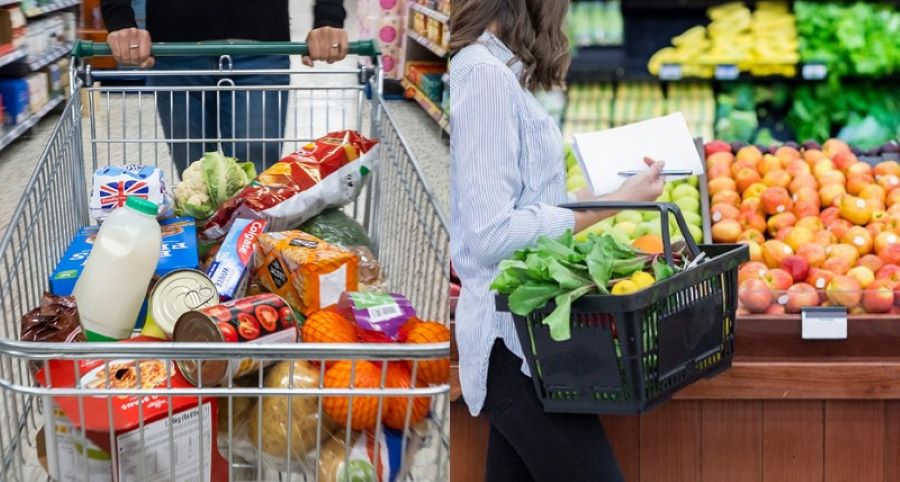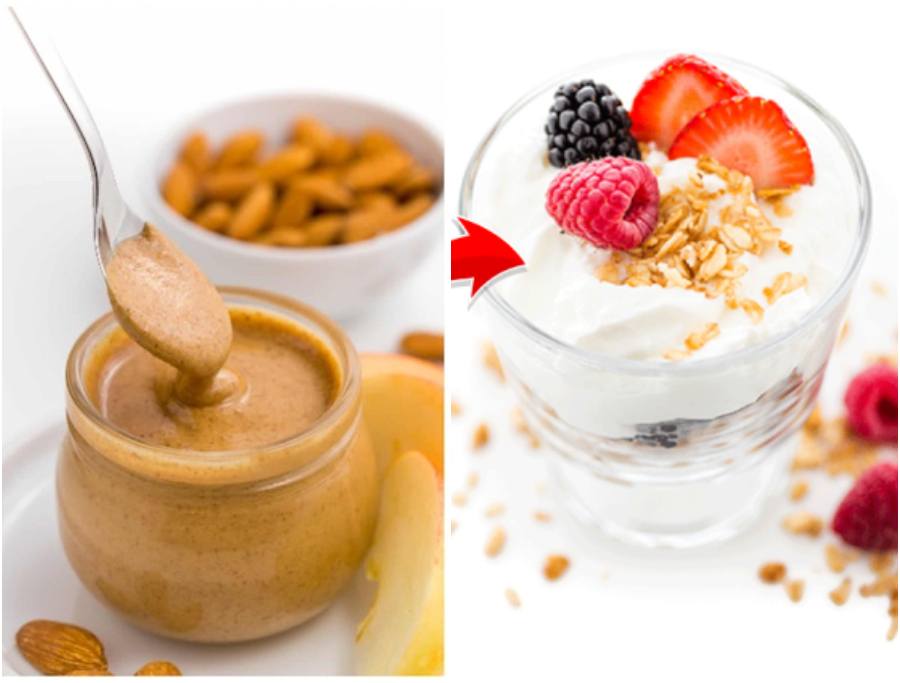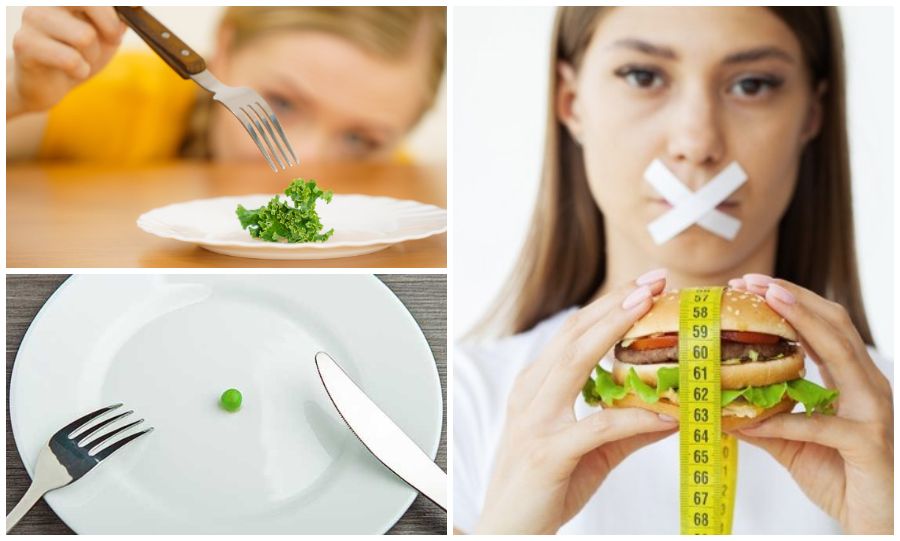Bloating or gassiness is not an uncommon problem. A majority of our population often encounters bloating in some degree or the other, but when it becomes an everyday occurrence, you would have to check with your doctor to rule out any underlying cause. Bloating is often confused with water retention, but water retention usually is swelling all over the body due to accumulation of water in cells. But when the tummy becomes distended, tight, and full, usually after eating, that’s because of bloating and gassiness. In this post, we will discuss in detail foods that cause bloating and how to prevent gassiness.


What is Bloating:
Bloating is a buildup of gas in the abdomen and it gives stomach an enlarged appearance, and is mostly caused by the food items you eat. Bloating also happens when we swallow air while eating and drinking. It’s interesting that about half of the gas in the intestines or digestive system is swallowed air. Overeating and eating too little can both cause bloating. The rest is produced by the bacterial flora in the gut that help to digest food. With the lack of adequate fiber or too much fiber, gas builds up in the intestines leading to bloating.
17 Reasons Why you Feel Bloated:
1. Beans/Dals/Lentils/Legumes: These food items have oligosaccharides which are sugars that belong to a group of carbs called FODMAPs (fermentable oligo-, di-, mono-saccharides and polyols) that do not get digested and instead are fermented by the gut bacteria in the colon. Upon completion of this fermentation, gas is produced. FODMAPs act as fuel for the friendly bacteria in the gut, however, excessive gas formed can cause cramping, bloating, and flatulence.


2. CO2 Consumption: Carbon dioxide which is commonly found in aerated and fizzy drinks leads to build up large amounts of gas in the gut.
3. Gluten: People who have gluten intolerance end up with bloating and cramping when they consume wheat-based food items like bread, roti which are rich in gluten.
4. Vegetables like cauliflower, cabbage, brussel sprouts can cause bloating because they have FODMaps.
5. Fructans: Just like gluten and lactose intolerance, some people do have fructans intolerance which can cause bloating and flatulence. Some food items that are high in fructans are cabbage, broccoli, wheat, bread, pasta, etc.
6. Too little fiber or high fiber content in diet can cause bloating.
7. Lactose intolerance with dairy products: Some of us are intolerant to lactose in dairy products because our bodies cannot break down lactose. Lactose intolerance can cause indigestion, bloating, and cramps.
8. Xylitol – It’s an artificial sweetener that does not get digested in the intestine.
9. Sorbitol – It’s an artificial sweetener that cannot be digested and causes gassiness.
10. Mannitol – It’s also an artificial sweetener that does not get digested in the intestine.
11. Food allergies: Milk, eggs, soy, high-fructose corn syrup, and gluten can all cause food allergies in certain people leading to cramps and gassiness.
12. Periods: Women may falsely assume that they have put on weight or that their stomach is swollen and distended because of bloating, but it’s just bloating, which is a common symptom before the start of their period.
13. Chewing gum: Chewing gum can also lead to swallowing of large amounts of air, which can cause bloating.
14. Artificial sweeteners in sugar-free foods: Xylitol, mannitol can all cause bloating, as mentioned above, through artificially-sweetened foods and drinks and these sweeteners do not get digested in the intestines and reach the gut where they cause gassiness.
15. High salt: High sodium content can cause cells to retain water and the body to bloat up.
16. Too much Fiber in the Diet: Fiber does not get digested in the intestine, it feeds the friendly-gut bacteria. Fiber is extremely great for your body and weight loss too, but abruptly increasing the fiber content may not give the body time to adjust to excessive fiber leading to bloating and constipation and that is the reason why doctors usually recommend gradually increasing the fiber in the diet allowing your body time to adjust.
17. Bloating can also be caused by problems in the muscle function of the digestive tract. Muscles move along food through the digestive tract and when they do not function properly, gas can build up intestines, leading to bloating.
20 Amazing Tips to Reduce Bloating:
1. When cooking lentils and dals, soak them overnight to reduce the amount of FODMAPs. Also remember to change the soaking water and rinse the lentils several times before cooking
2. Using moong dal, black chana, etc., as sprouts is a great idea to increase the nutritional value and also to reduce the bloat caused by them.
3. Ajwain and jeera water: This tip has been shared by Luke Coutinho, who is a wellness coach. Take one liter of water and 2 tbsp cumin seeds, 1 tsp of coriander seeds, and 1 tsp of fennel seeds along with 1 tsp of ajwain seeds. Keep this water overnight and drink this water the first thing in the morning to prevent bloating.
4. Hing/Asafoetida Water: Add half teaspoon of hing in warm water and drink it first thing in the morning to prevent gassiness.
5. Yogasanas like Pawanmuktasana and Balasana (Child’s Pose): Yoga can solve a lot of health problems and for bloating, asanas like pawanmuktasana and balasana can relieve constipation, bloating, and also improve digestion.
6. Peppermint Tea: Green tea with peppermint or just peppermint tea soothes the intestines and relieves gassiness.
7. Ginger: Helps in soothing and relaxing muscles of digestive tract, and in relieving bloating.
8. Pineapple: Bromelain is an enzyme in pineapple that helps to speed up digestion and reduce bloating.
9. Massaging Abdomen: Massaging the abdomen can help to get the abdominal muscles moving and relieve gassiness.
10. Warm bath: It’s also a good idea to relax and relieve gassiness.
11. Reduce the amount of fiber: Suddenly increasing the fiber content may increase gassiness.
12. Exercise: Stretching during exercise is a great way to keep the digestive system moving.
13. Drink loads of water: Adequate hydration is the key to good health, including keeping the digestive tract running smoothly. Drinking plenty of water flushes out excess water and sodium.
14. Consume Probiotics: An imbalance in gut bacteria can lead to production of excessive amount of gas, which can lead to bloating. With probiotics, it’s possible to relieve bloating symptoms.
16. Food rich in Potassium: Banana for example, which is rich in potassium content, reduce bloating by balancing out sodium levels in the body.
17. Don’t gulp or swallow food: Chew your food properly in the mouth to activate digestive enzymes. If you gulp down or eat too fast, a lot of air also reaches the intestine along with the food.
18. Drink liquids containing alpha-D-galactosidase, which is an enzyme that breaks down indigestible sugars in lentils and vegetables.
19. Coconut water – The potassium levels in coconut water balance out sodium that can trigger bloating.
20. Apple Cider Vinegar – ACV has enzymes that can boost digestion and relieve symptoms of bloating and gassiness.
Which Dals do not cause Much Bloating?
Pinto beans and black beans.
Foods that cause Bloating:
Lentils
Carbonated drinks
Some gluten products like wheat celiac disease or gluten sensitivity, wheat.
Cauliflower
Cabbage
Broccoli
Onions
Barley
Rye
Apples
Garlic
Beer
Potato chips
Apricots
Corn
Processed foods.
List of Anti-Bloating Foods:
Cucumber
Ginger
Bananas
Spinach
Curd/yogurt
Fennel/saunf
Cayenne Pepper
Chamomile tea
Watermelon
Celery
Almonds
Garlic
Carrot
Gluten-free Oatmeal
Smoothie to Relieve Bloating:
Take half cup of coconut water, one whole ripe banana, one cucumber sliced into pieces, one inch of ginger or sonth (dry ginger powder). Blend everything well and consume it fresh everyday. Additionally, you can add one small tablespoon of apple cider vinegar for added benefits.





